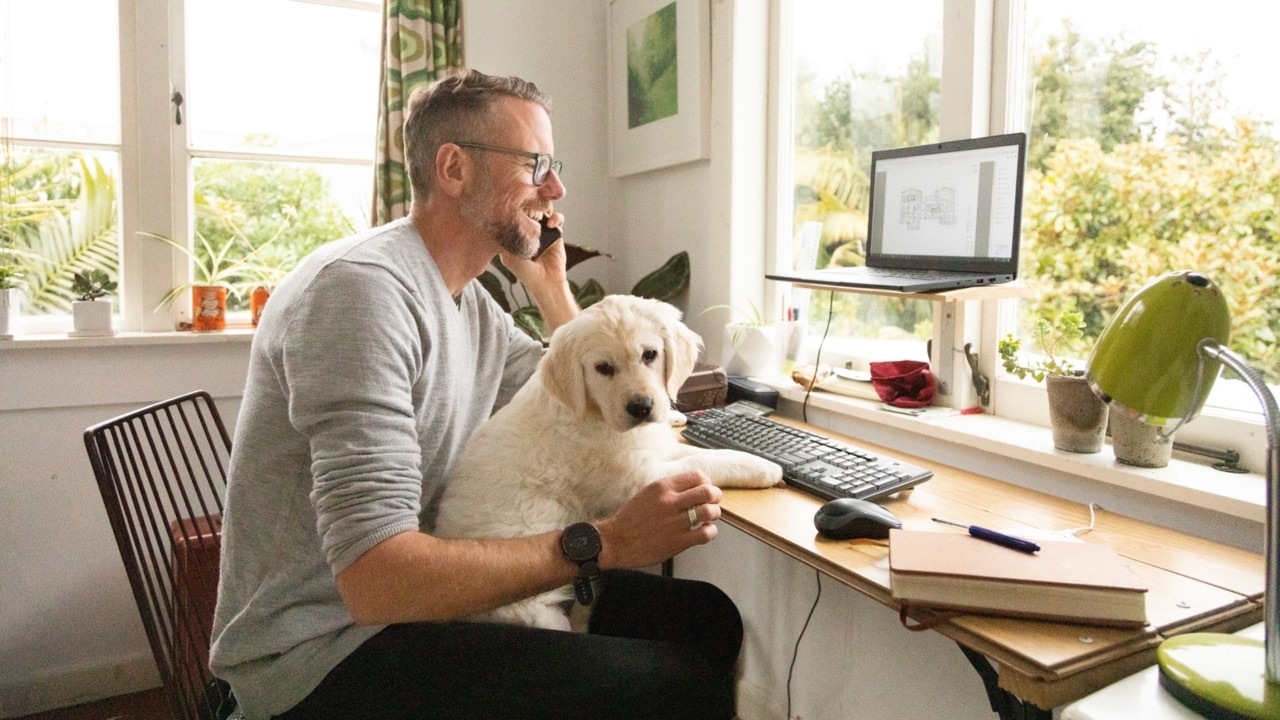Ditch ‘flexibility stigma’ on hybrid work: report
Greater job flexibility is seeing more women in their 30s, 40s and 50s shifting from part-time to full-time work, a new study finds.

Working women in their 30s, 40s and 50s are increasingly opting for full-time flexible jobs rather than part-time roles, a new study finds.
Those who do work part-time, male and female, are more and more likely to be doing so as a lifestyle choice rather than looking to juggle work and children, the research reveals.
The latest Gender Equity Insight Series report notes the changing preferences of workers post-Covid, especially women, and calls for employers to ditch so-called “flexibility stigma”, which inhibits career progression and pay rises. Despite the growing attraction of full-time flexible working, Australia continues to have one of the highest shares of part-time employment among developed countries, the report produced by the Bankwest Curtin Economics Centre and the Workplace Gender Equality Agency, finds.
Based on data from 5377 organisations that report to the WGEA covering almost five million workers, the report notes a significant decline in the proportion of women engaged in part-time work, down 3.2 percentage points over the past two years to 2022-23 to 29.7 per cent.
Full-time roles with flexible work arrangements such as remote and hybrid work have jumped 2.3 percentage points to 42.5 per cent across the same two-year period.

Report author and BCEC director Alan Duncan said the combination of Covid, technological improvements and changing workforce demographics had created a “structural shift towards full-time employment and away from part-time work for many working women”, especially those aged 35-55.
“(It) presents a significant opportunity for women to enhance their economic participation and career progression,” Professor Duncan said.
For those who remain in part-time employment, a rising share of women (29 per cent) and men (31 per cent) choose to do so out of preference, with fewer citing the care of children as their main reason for the work-type choice, the report says.
For those moving from part-time to full-time work, the majority say it is because of a preference for those hours rather than being forced by financial need to change.
Professor Duncan noted, however, that many women in Australia still took up part-time positions because they had no other option.
“Working part-time can limit pay and career progression resulting in long-term economic disadvantages for women, including lower lifetime earnings and reduced retirement savings,” he said.
Despite the increasingly flexible nature of the workplace, part-time employees still faced workplace challenges, WGEA chief executive Mary Wooldridge said.

“Women and men working part-time still face a promotion barrier due to the lack of flexible working arrangements and the capacity to work part-time as managers,” Ms Wooldridge said.
“Women are twice as likely to work part-time, so improvement in availability and support for part-time work will be a positive step for gender equality in Australia.
“Men also benefit from arrangements that better align with how, when and where they want to work,” she said.
The report notes that Australia sits second among developed countries for the proportion of men in part-time work (13.4 per cent), behind only The Netherlands.
For women, Australia sits sixth at 31.8 per cent, behind countries including Germany, Switzerland and Japan.
The report also finds that employers who embrace formal flexible work strategies and policies and set targets have more female part-time managers, often their preferred work choice.
Report co-author Silvia Salazar from BCEC said the preference for a move away from part-time work towards flexible full-time work was evident at multiple levels of large organisations.
“The move away from part-time work is particularly evident among non-managers across various industry sectors, so businesses must not focus solely on gender equity for managers and senior executives at the expense of non-managerial roles,” Dr Salazar said.






